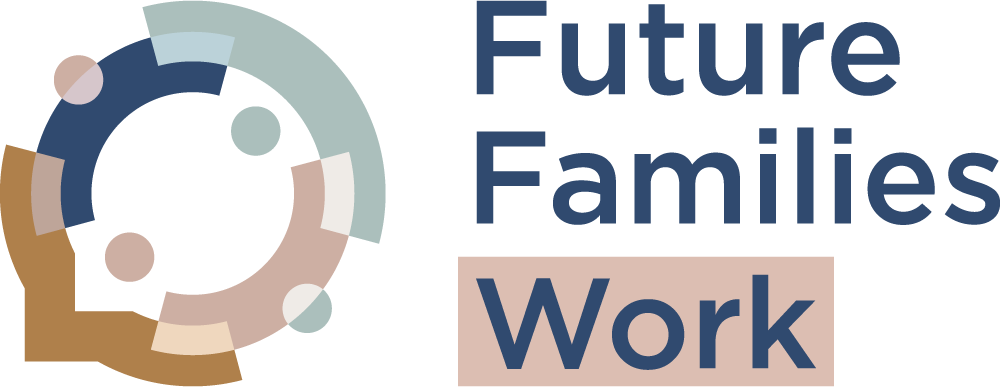This is an insightful, research-based and practical management guide, together with a range of supportive resources, produced by experienced academics from the University of Liverpool Management School, which enables managers to develop inclusive, family-friendly, hybrid working environments. The toolkit is an excellent aid for managers who are focusing on aligning their organisational goals with workplace cultures based on inclusion and contemporary working practices – and thereby enhancing employee attraction, retention and engagement.
Emeritus Professor Michael Osbaldeston Cranfield University School of Management and Member of ULMS Advisory Board





